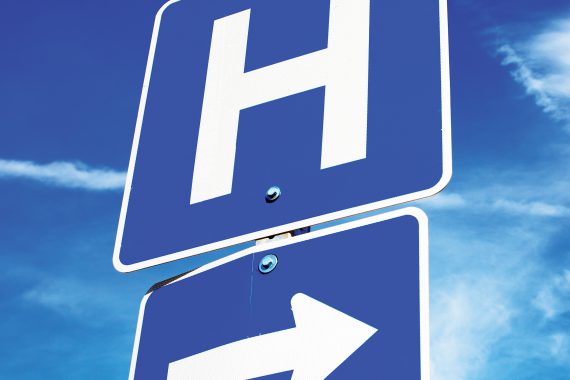Practices are being asked to foot the bill for printing an NHS England leaflet to hand to patients being referred to hospital.
The advice leaflet, produced with input from the BMA, is aimed to help reduce secondary care workload being dumped onto GP practices.
It has a list of advice for patients including that they should ensure the hospital has given them a Fit Note if they need one; that they have sufficient stock of new drugs and information about how to take them; and that they have the contact details for hospital staff to ask questions or arrange follow-up appointments.
However NHS England rejected the idea of sending hard copies to every practice because of the cost and instead suggested they should print out their own copies.
But Family Doctors Association chair Dr Peter Swinyard, a GP in Swindon, said: ‘We do not have the time, the colour printers or the funding to run the printers to make it a practical proposition.’
NHS England’s direct commissioning change project manager Oli Mansell told one practice manager: ‘Although we did look into the option of sending hard copies of this leaflet to all practices, the costs for doing so would have been substantial.’
He added: ‘While we are of course conscious of the cost pressures on individual practices, we decided on balance that making the leaflet electronic-only for the time being would be a realistic compromise, as this would at least allow those practices inclined to do so the option of printing out a number closer to the amount they’d be likely to actually need.’
The letter added that NHS England was looking at ways to make the leaflet more accessible whilst making the best use of resources.
As part of the GP Forward View released last year, NHS England changed trusts’ standard contract to prohibit them from sending patients back to GPs unnecessarily.
But a Pulse investigation earlier this year revealed that not a single trust had been sanctioned for breaching the new requirement despite 3,600 formal complaints made by GPs to CCGs.
Pulse October survey
Take our July 2025 survey to potentially win £1.000 worth of tokens













